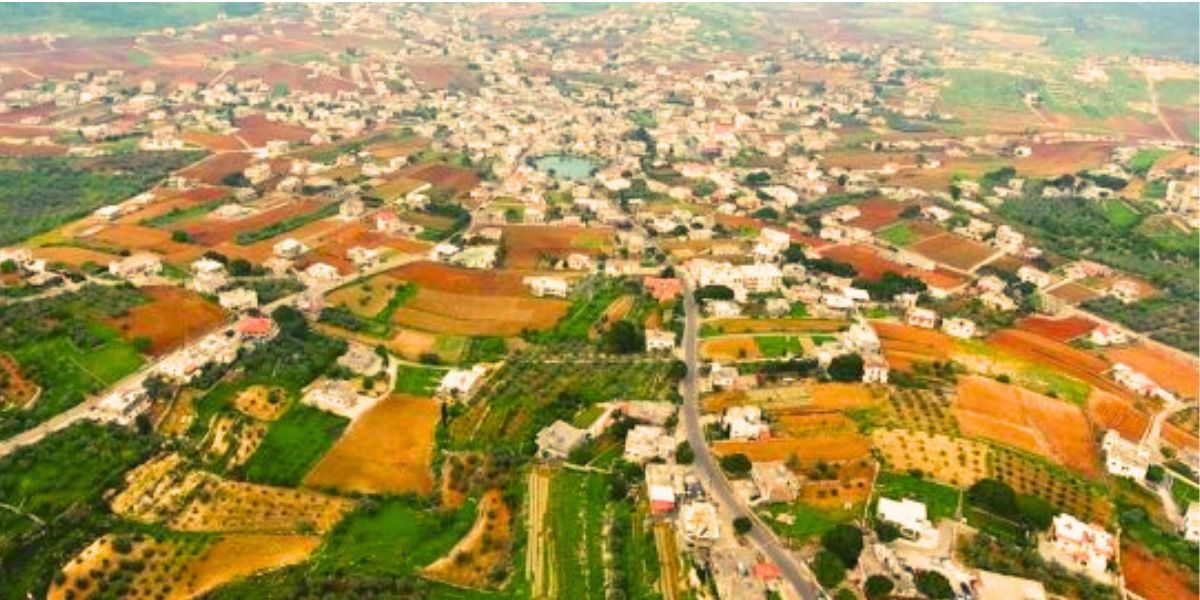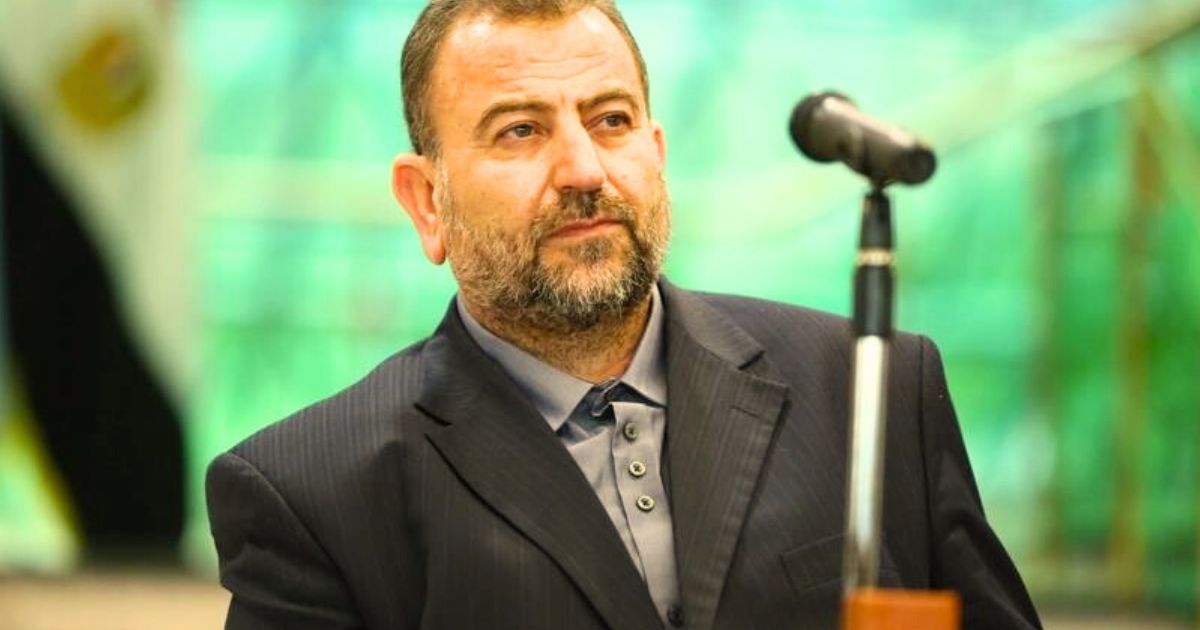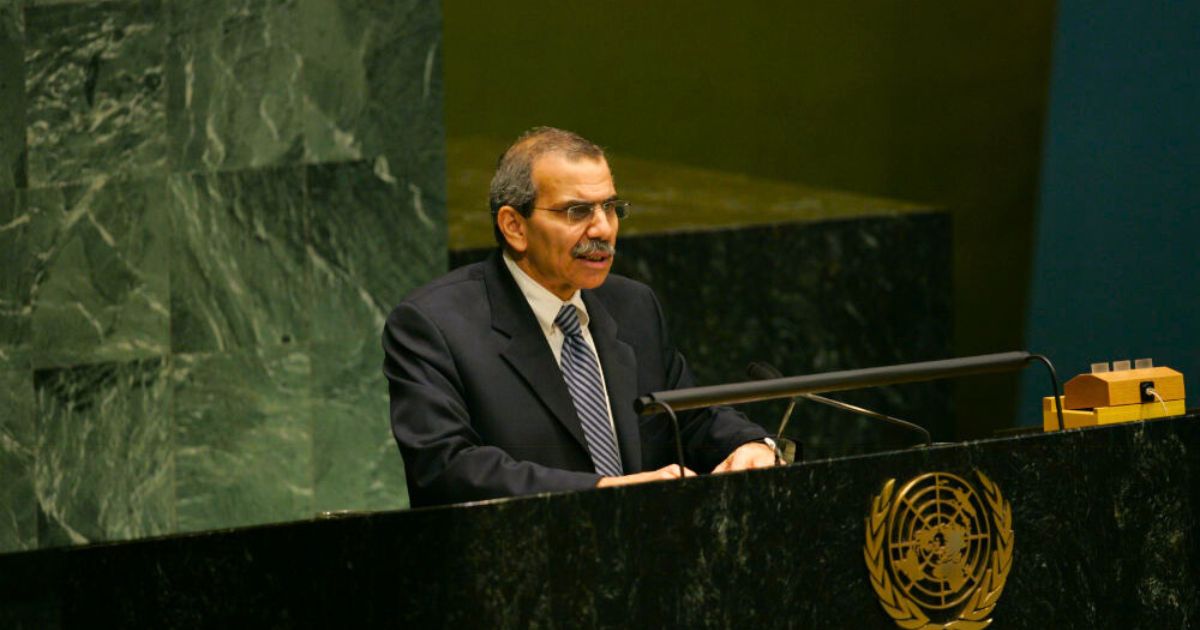When thinking of potential sparks for a new Lebanon-Israel conflict, oil/gas, Hezbollah’s arms, violations of Lebanese airspace, and other obvious reasons may come to mind.
However, it seems it can take something as subtle as a row of trees to shake the volatile stability currently keeping the Blue Line from turning red.
Apparently, trees on Lebanon’s side of the border are denying Israeli spy cameras the cross-border view that they usually enjoy, and this is agitating Israel.
According to the Wall Street Journal, the United Nations’ peacekeepers deployed in Lebanon (UNIFIL) are mediating to prevent a new escalation from arising between Lebanon and Israel over a row of trees deemed too high by the latter.
But the obstructive trees themselves are not the only annoyance for Israel. This one accuses the Lebanese environmental organization, Green Without Borders (GWB), of affiliating with Hezbollah.
It also believes that the organization’s forestation operations are under the instruction of Hezbollah, which uses GWB to secure cover in the areas where it is needed for carrying out espionage operations, as well as erect observation posts.
The source says that when Hezbollah fighters fired rockets at an Israeli convoy in September 2019, they did so from two strategic points that were previously forested by GWB.
With that said, Israel insists that the environmental organization is a tool and an extension of Hezbollah’s armed wing that provides it with camouflage.
However, GWB has repeatedly denied such involvement. The nongovernmental organization asserted that Hezbollah’s use of the areas the NGO forested does not indicate its cooperation with the group.
Additionally, the UNIFIL said that while GWB members have planted trees at the border, it has not observed “any unauthorized armed persons at the locations or found any basis to report a violation of resolution 1701.”
It’s worth noting that this is not the first time border trees create tension between Lebanon and Israel.
In 2010, a full-blown firefight, on a scale that was unprecedented since the 2006 war, extended for hours between Lebanese and Israeli soldiers after Israeli personnel tried to cut down a tree at the border with Lebanon.
Lebanese Army snipers took down a high-ranking Israeli officer and the violent clash that followed resulted in more casualties on both sides of the conflict, including two journalists on the Lebanese side.
As for the recent development, UNIFIL officials have carried Israel’s assurance that it does not mind trees on the border as long as they don’t obstruct the view of its surveillance cameras.
Here, it’s necessary to point out that Lebanon has demanded innumerable times since the end of the 2006 conflict that Israel stops violating the country’s airspace.
Nonetheless, the annoying and sometimes threatening noise of Israeli aircraft – combat and surveillance – continues to violate not only Lebanon’s sovereignty but also its civilians’ peace of mind, which is already hanging by a thread.




















